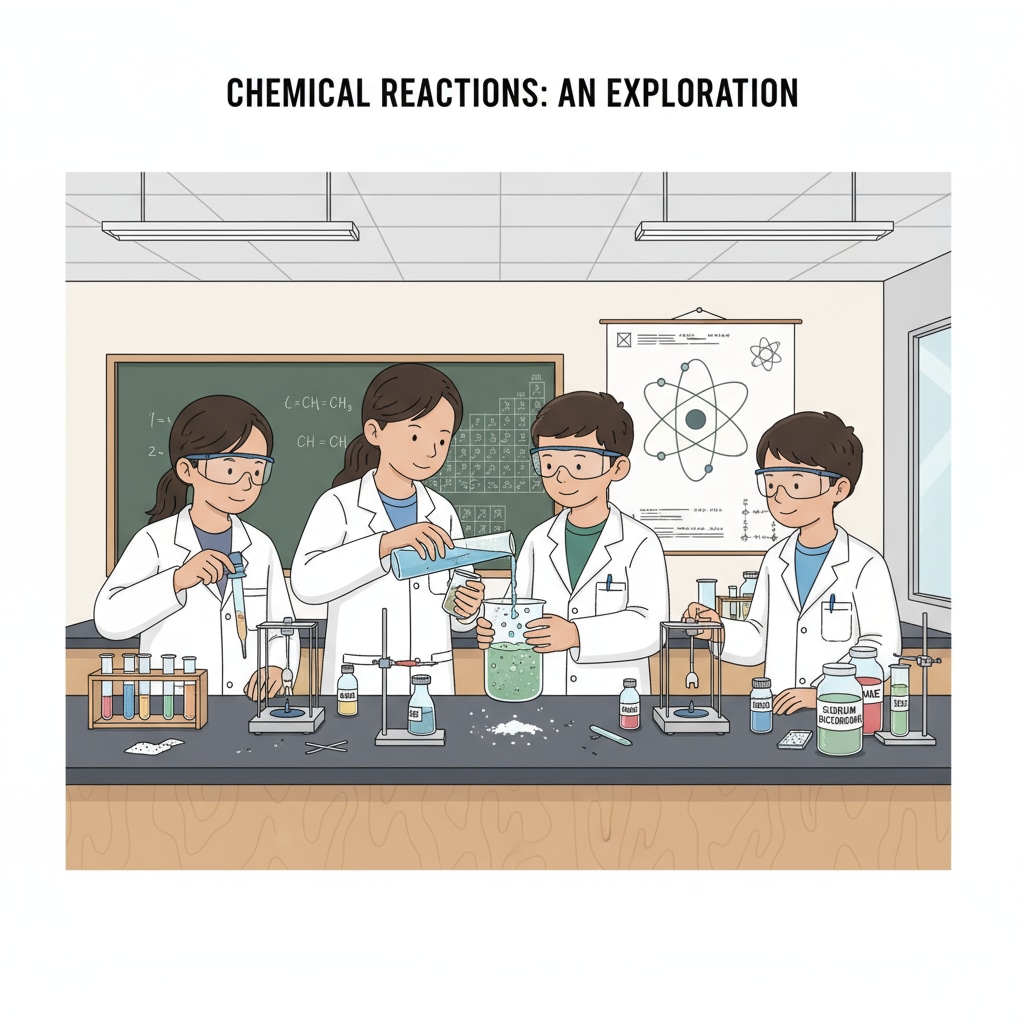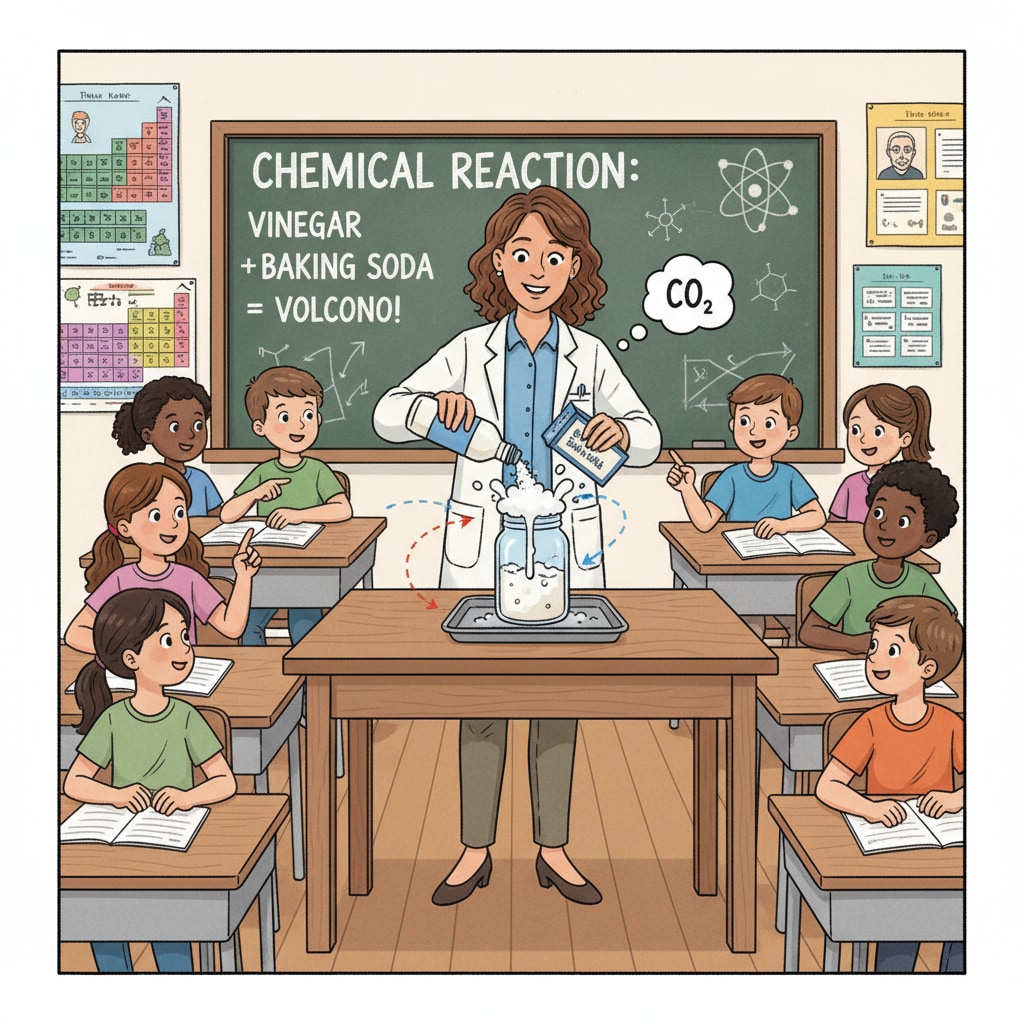Chemical careers, degree choices, and research interests often start taking shape during the K12 education phase. This period is crucial for students as it can set the stage for their future academic and professional paths in the field of chemistry. During K12, students are exposed to a wide range of subjects, and chemistry, in particular, offers a fascinating world of discovery.

As they explore the basic principles of chemistry, they may start to develop an inclination towards different aspects of the subject, which can influence their degree choices later on. For example, a student who enjoys conducting hands-on experiments in a school laboratory might be more interested in a degree program that emphasizes practical chemistry applications. According to the American Chemical Society, early exposure to chemistry concepts can significantly enhance students’ understanding and interest in the subject.
Fostering Interest in Chemistry During K12
One of the key steps in preparing for future chemical careers and degree choices is to cultivate a genuine interest in chemistry during K12. Teachers and parents can play a vital role in this process. For instance, by incorporating real-life examples into chemistry lessons, students can better relate to the subject. Using examples of how chemistry is involved in everyday products like food, cosmetics, or cleaning agents can make the subject more tangible and engaging. In addition, organizing field trips to chemical plants or research laboratories can give students a firsthand look at how chemistry is applied in real-world settings. This hands-on experience can spark their research interests and open their eyes to the various career opportunities available in the field.

As a result, students are more likely to consider chemistry as a potential major and future career path.
Developing Interdisciplinary Thinking
Chemistry doesn’t exist in a vacuum; it intersects with many other disciplines. During K12, students should be encouraged to develop interdisciplinary thinking, which is essential for making informed degree choices and pursuing successful chemical careers. Subjects like physics, biology, and mathematics are closely related to chemistry. For example, in biochemistry, a field that combines biology and chemistry, understanding biological processes at the molecular level requires a solid foundation in both disciplines. By studying these related subjects together, students can gain a broader perspective and develop the skills needed to tackle complex problems. According to a study on interdisciplinary education, students who engage in interdisciplinary learning are better prepared for advanced studies and professional roles. This holistic approach can also help students identify their specific research interests within the vast realm of chemistry.
As students progress through K12, building a strong foundation in chemistry is essential for their future degree choices and career aspirations. By fostering interest, developing interdisciplinary thinking, and gaining practical experience, they can be well on their way to making informed decisions about their chemical careers. Whether it’s pursuing a degree in analytical chemistry, organic chemistry, or any other specialization, the groundwork laid during K12 will serve as a crucial stepping stone. So, for all K12 students with a budding interest in chemistry, take advantage of this time to explore, learn, and grow, as it will shape your future in the exciting world of chemical research and careers. Readability guidance: The article uses short paragraphs and lists to summarize key points. Each H2 section provides relevant information in a clear manner. The proportion of passive voice and long sentences is controlled, and transition words are used throughout the text to enhance readability.


